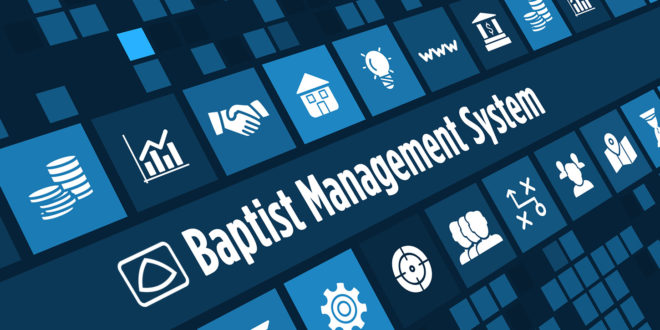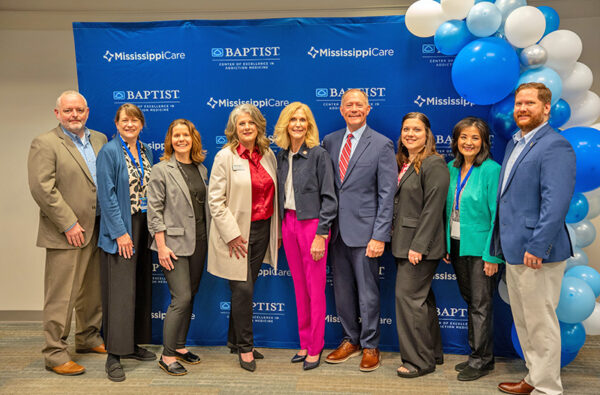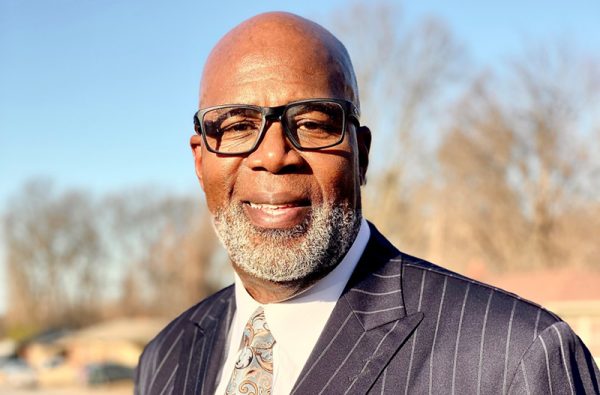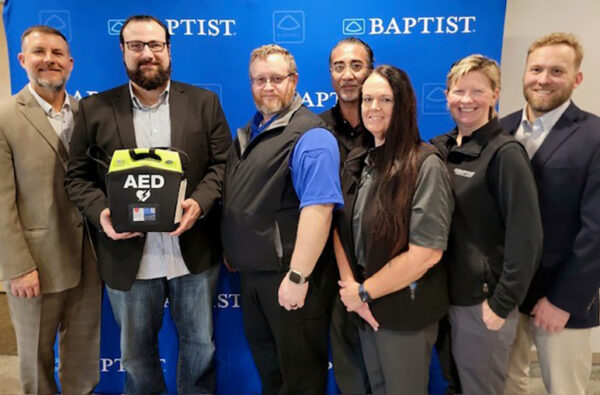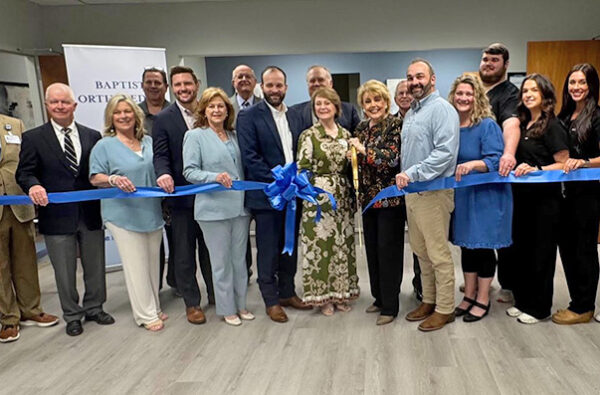Sometimes, discovering that you really don’t know what you think you know can lead to the most important discovery of all—a whole new way of thinking about everything.
Just ask Baptist Tipton Administrator and CEO Samuel Lynd. After a year of employing A3 to several projects, he and his team are still having lightbulb moments that could influence processes well into the future.
“From the beginning, our overall goal was to examine how we think and how we communicate with one another,” said Lynd. “We identified challenges and found new ones, while also realizing some things we thought were a problem were not. Through it all, we have learned two major things: that we don’t always know what we think we know, and that we don’t always communicate and learn from each other like we think we do. KATA provides the framework to rally those around you to learn how to learn.”
The youthful energy of Baptist Tipton’s management team has made this especially true. “Having some managers with little experience in leadership roles is very much a positive, but it does pose unique challenges,” said Lynd. “Using KATA has inspired our managers to look at things a different way and reevaluate assumptions about what they might have previously thought to be 100 percent true. It calls for a whole new way of thinking.”
Not every specific goal has been met as of yet—but that’s the plan at Baptist Tipton. “Using this approach, we are giving people permission to learn from each other at a slower pace, so that our goals are sustainable over the long term,” said Lynd. “That is really important because so many young managers feel intense pressure to achieve improved outcomes immediately. KATA gives them a toolkit to learn and grow for the future.”
Enthusiasm for more A3 projects is already widespread at Baptist Tipton. “It’s a challenge to keep everyone from taking on too much,” says Lynd. “We have to stay focused on specific initial goals, knowing that more lies ahead. It’s just impressive to see how as a team begins to change how they think about something, they want to carry that over to other areas. Finding solutions, listening and communicating, relating to fellow staff, knowing how to research useable data, challenging your assumptions—this is vital to everyone.”
Lynd and his team first created a KATA board for wait times and registration at Baptist Tipton. However, the team discovered there was no problem, shifting their efforts to enrolling more patients in the electronic health records system, as well as growing the number of patients admitted into the hospital through the emergency room, rather than having them transfer to another hospital.
“We definitely want to expand this process into many areas, but for us, a slower, methodical approach is working well,” says Lynd. “We’re already seeing the benefits of a new way of thinking.”

